Sky News reports the first wild white stork chicks have hatched in the UK for what is believed to be hundreds of years. The White Stork Project has been closely monitoring three nests at the Knepp estate in West Sussex. After a 33-day wait, six eggs hatched in two of the nests. It is believed the parents of the first hatchlings are the same pair that attempted to nest at Knepp last year, when their eggs failed to hatch. The parents have been seen incubating and regurgitating food for their offspring. White Stork Project officer Lucy Groves said it was a “nervous wait” after last year’s failed attempt. The last storks that were recorded breeding successfully in the wild nested on St Giles’ Cathedral in Edinburgh in 1416. The White Stork Project at Knepp aims to restore a population of at least 50 breeding pairs across the south of England by 2030.
All posts by Heather
Pollution: Birds ‘ingesting hundreds of bits of plastic a day’
BBC News reports birds living on river banks are ingesting plastic at the rate of hundreds of tiny fragments a day, according to a new study. Scientists say this is the first clear evidence that plastic pollutants in rivers are finding their way into wildlife and moving up the food chain. Pieces of plastic 5mm or smaller (microplastics), including polyester, polypropylene and nylon, are known to pollute rivers. Researchers at Cardiff University looked at plastic pollutants found in a bird known as a dipper, which wades or dives into rivers in search of underwater insects.
‘It’s good for the soul’: the mini rewilders restoring UK woodland
The Guardian reports by buying and managing small wooded plots, enthusiasts are bringing biodiversity back to the countryside.
Tamara and Steve Davey cannot help but grin at the suggestion they are “miniature rewilders”. Standing proudly in the weak sunlight on the fringes of Dartmoor national park, the full-time grandmother and taxi company owner delight in their eight-acre woodland. Robins, tits and siskins chortle in the trees. Nightjars are welcome visitors in the summer. Seven bat species have been recorded in their small plot. There’s a badger’s sett somewhere in the hillside scrub. And the couple feel at peace.
Nature: Bumblebees’ ‘clever trick’ fools plants into flowering
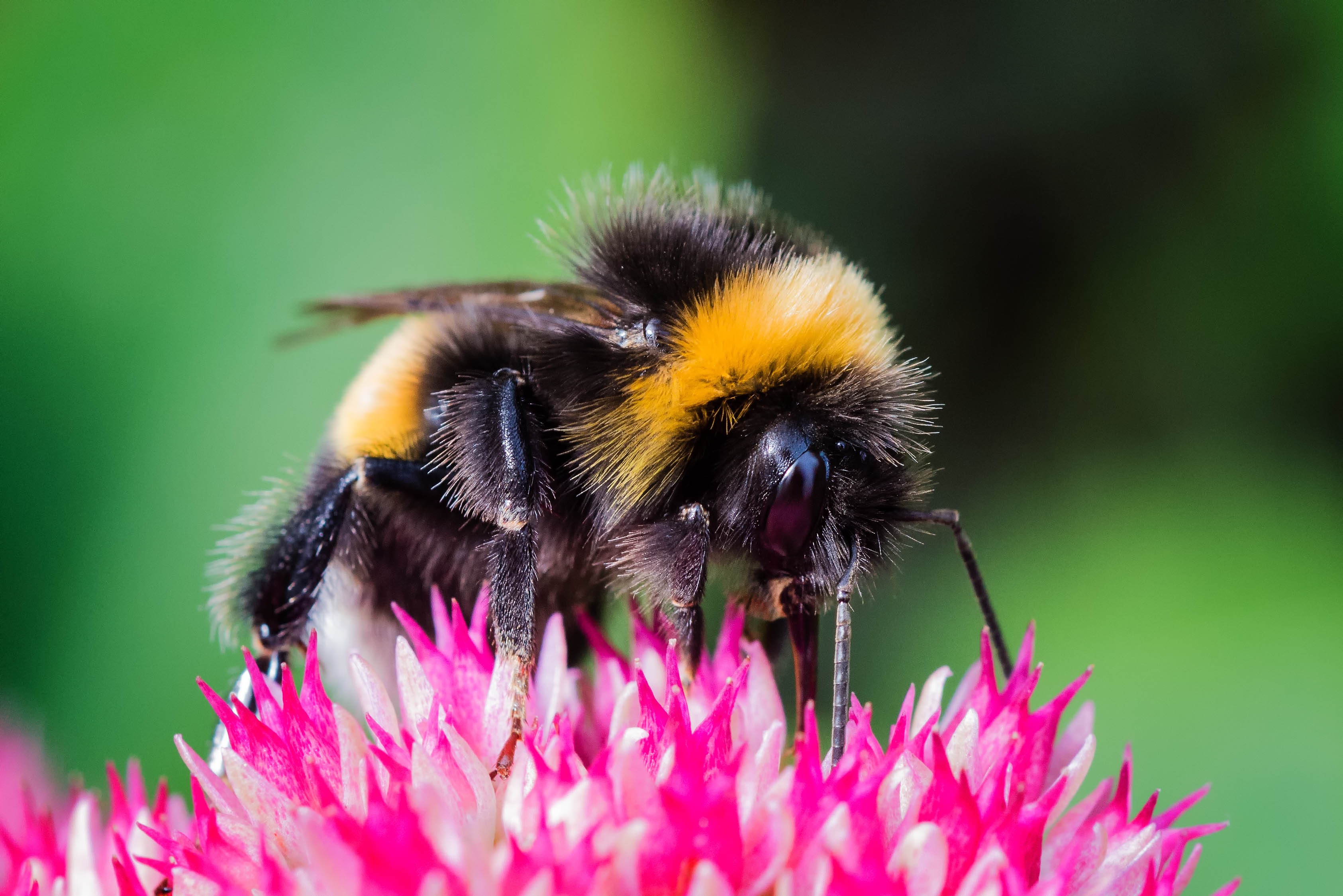 BBC News and Daily Mail report scientists have discovered a new behaviour among bumblebees that tricks plants into flowering early. Researchers found that when deprived of pollen, bumblebees will nibble on the leaves of flowerless plants. The damage done seems to fool the plant into flowering, sometimes up to 30 days earlier than normal. Writing in the journal Science, the scientists say they have struggled to replicate the bees’ trick in the laboratory.
BBC News and Daily Mail report scientists have discovered a new behaviour among bumblebees that tricks plants into flowering early. Researchers found that when deprived of pollen, bumblebees will nibble on the leaves of flowerless plants. The damage done seems to fool the plant into flowering, sometimes up to 30 days earlier than normal. Writing in the journal Science, the scientists say they have struggled to replicate the bees’ trick in the laboratory.
Photo by Jice75 under creative commons.
Birds of prey persecution increases in lockdown
BBC News and The Daily Mail report the RSPB says it has been overrun with reports of birds of prey being illegally killed since the start of the lockdown 6 weeks ago. According to the charity the vast majority of incidents have been reported close to large estates used for game bird shooting.
The head of the RSPB investigations unit said it was like the ‘wild west’ out in the countryside with those wanting to kill birds of prey emboldened by the lack of walkers and hikers. At this time of year the charity would normally be getting 3 or 4 reports of killings a week, they are now getting 3 or 4 a day. Deaths include red kites, falcons and buzzards. RSPB described the killings as ‘orchestrated’.
Photo of dead buzzards by soundslogical under creative commons.
Moths’ critical role
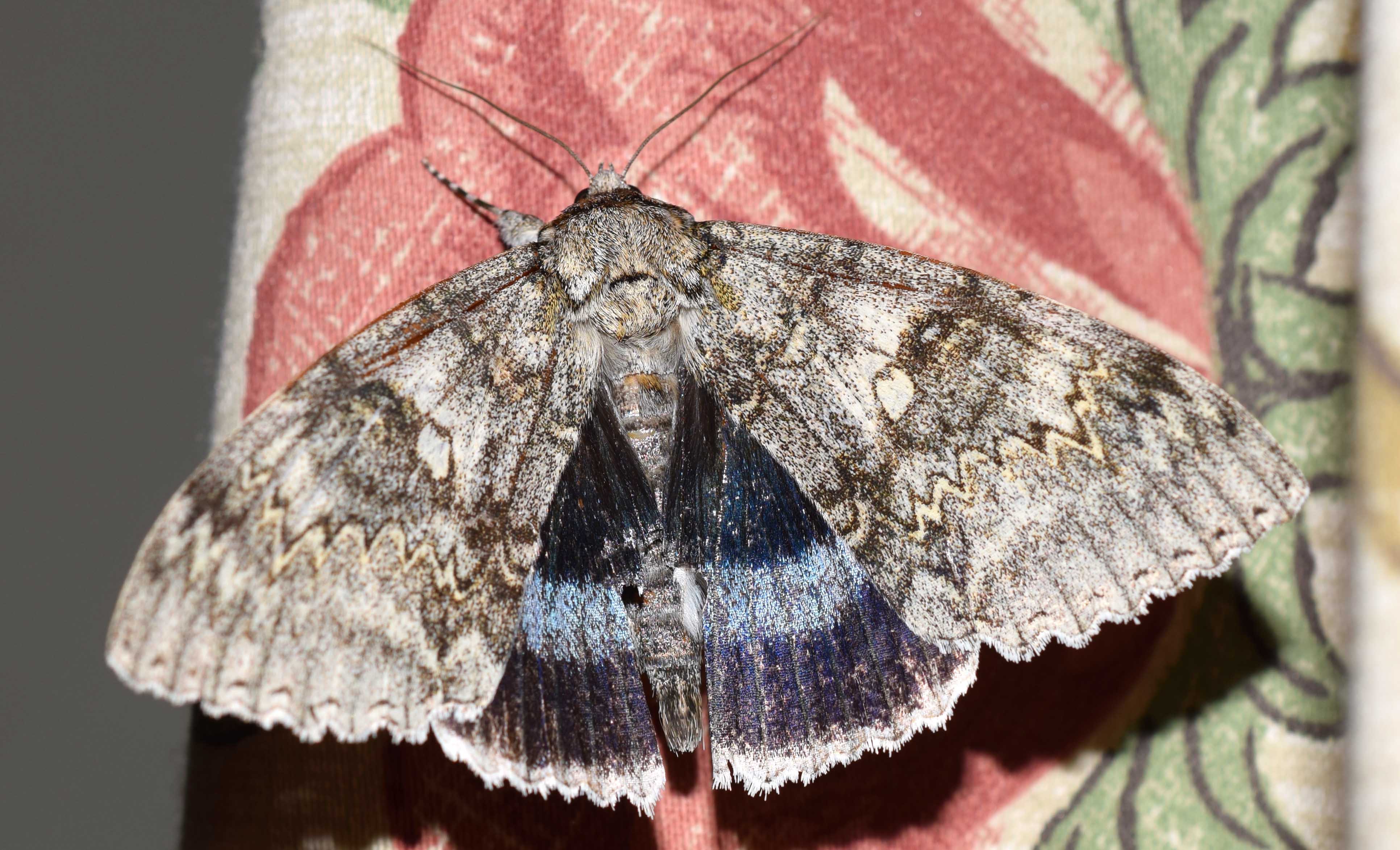 BBC News reports new research suggests moths play a critical, but overlooked, role in distributing pollen across the UK, which they largely do at night. Their networks are larger and more complex than those involving daytime pollinators. The study found that pollens often sticks to the moths’ hairy bodies during their night time travels. Moths also help pollinate species rarely visited by bees and butterflies.
BBC News reports new research suggests moths play a critical, but overlooked, role in distributing pollen across the UK, which they largely do at night. Their networks are larger and more complex than those involving daytime pollinators. The study found that pollens often sticks to the moths’ hairy bodies during their night time travels. Moths also help pollinate species rarely visited by bees and butterflies.
[Photo of Clifden Nonpareil moth]
Nature defence force to fight off invasive species
The Times reports a citizens’ army to protect British wildlife and slow the arrival of invasive species like Japanese knotweed is being considered by the government. Such invaders cost the UK economy £1.8 billion a year, according to the Commons environmental audit committee, by damaging biodiversity and transmitting disease. Its members have called for a group of over a million volunteers to be set up to tackle the spread of the harmful species, which also include Himalayan balsam and Australian swamp stonecrop.This would follow the example of New Zealand, which hopes to recruit 150,000 volunteers by 2025 to help monitor and destroy invasive species.
More birds and bees, please! 12 easy, expert ways to rewild your garden
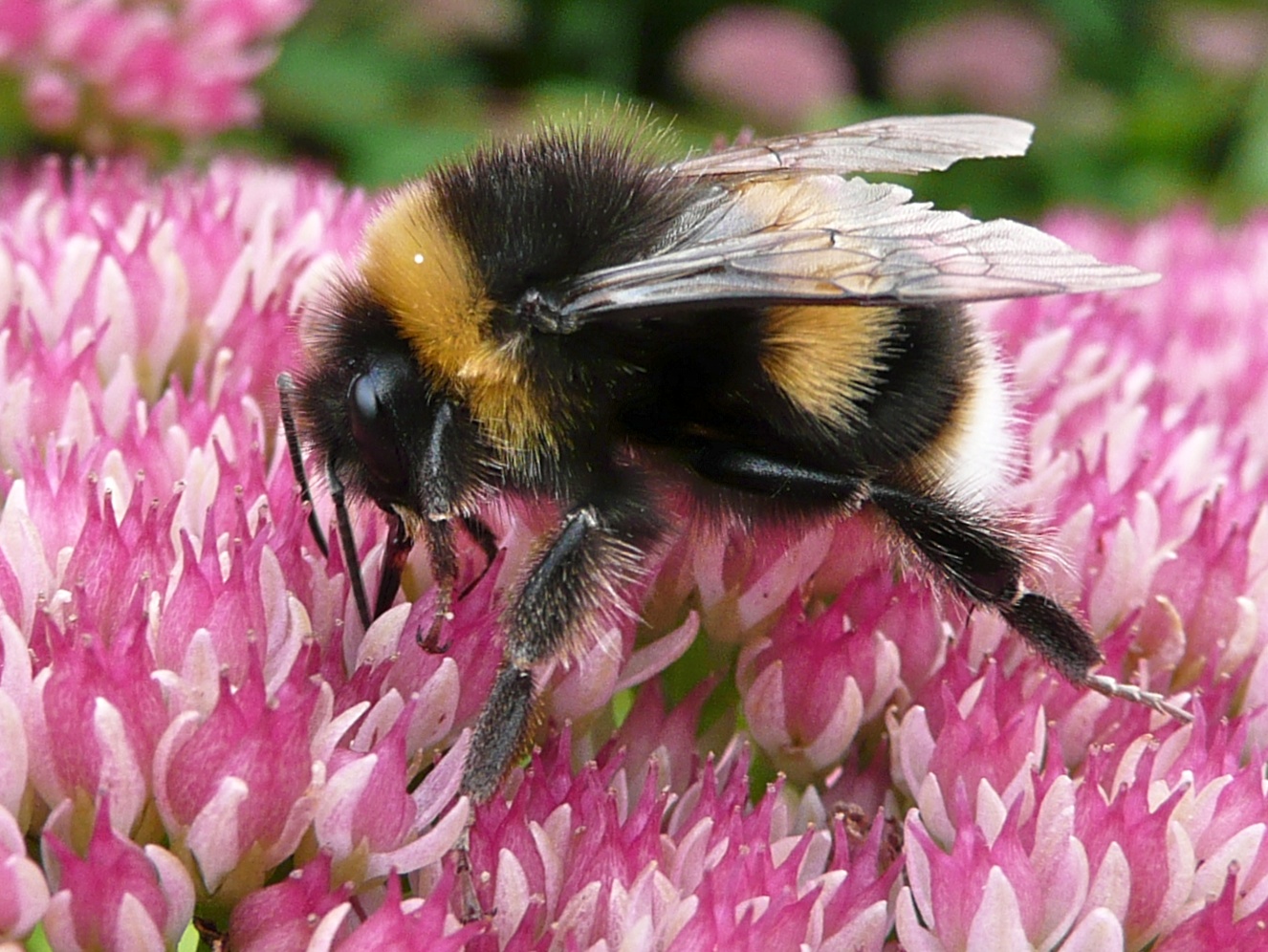 The Guardian reports now is the perfect time to boost the biodiversity of any outside space you have – whether by buying your cat a bell or ditching the insecticides.
The Guardian reports now is the perfect time to boost the biodiversity of any outside space you have – whether by buying your cat a bell or ditching the insecticides.
Photo by Jim Smart under creative commons.
Gardening gives same health benefits as living in a wealthy area
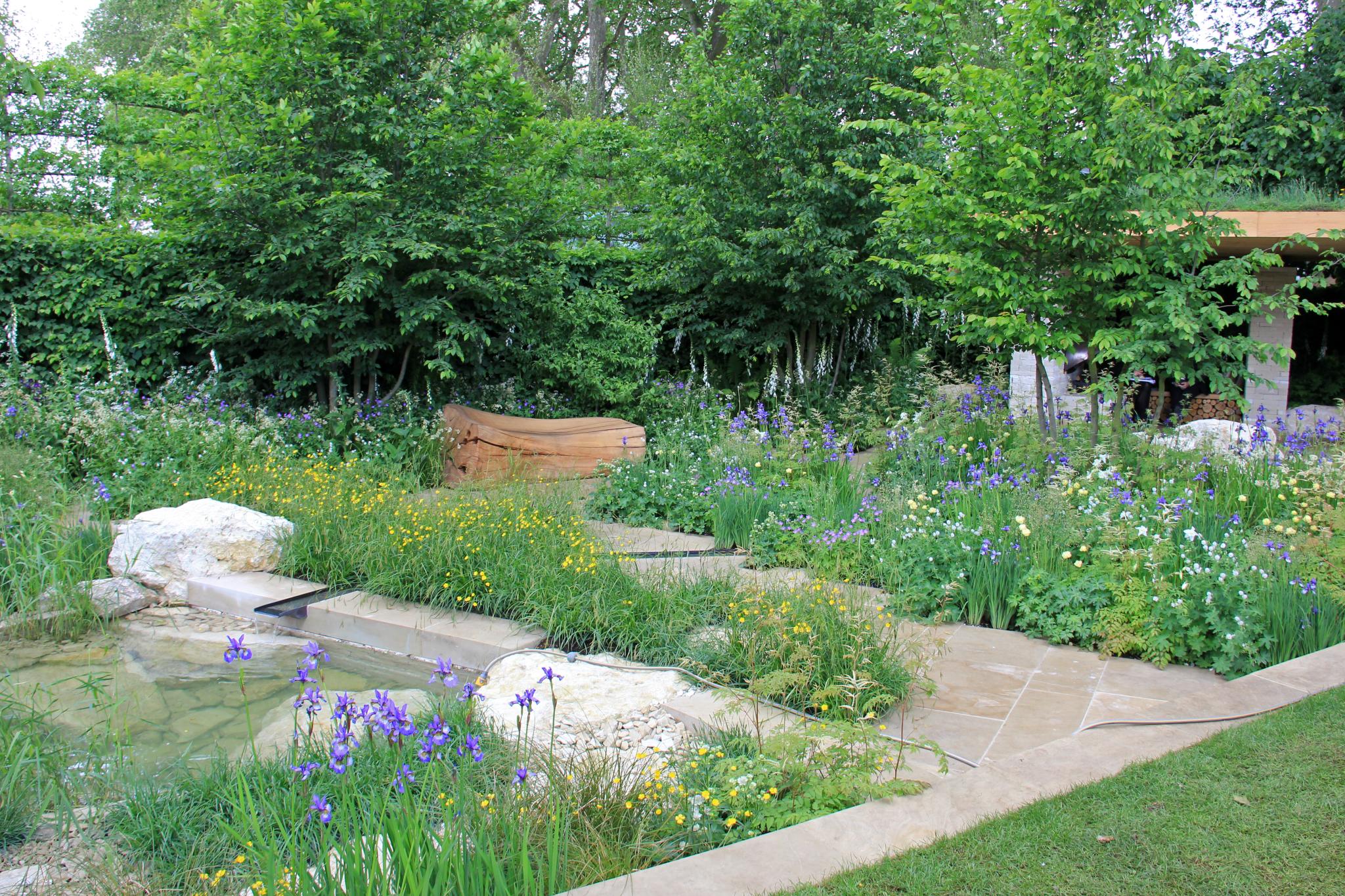 Inews reports spending time in the garden is so therapeutic that it’s as good for your mental and physical health as living in a very wealthy area, according to a study published in the Landscape and Urban Planning journal. People who regularly spend time in the garden are significantly more likely to report general good health, higher psychological wellbeing and greater physical activity levels than those who don’t.
Inews reports spending time in the garden is so therapeutic that it’s as good for your mental and physical health as living in a very wealthy area, according to a study published in the Landscape and Urban Planning journal. People who regularly spend time in the garden are significantly more likely to report general good health, higher psychological wellbeing and greater physical activity levels than those who don’t.
Photo of RHS Chelsea Garden Show 2014 by Karen Roe under creative commons.
How to show your children the wilder side of life in your garden
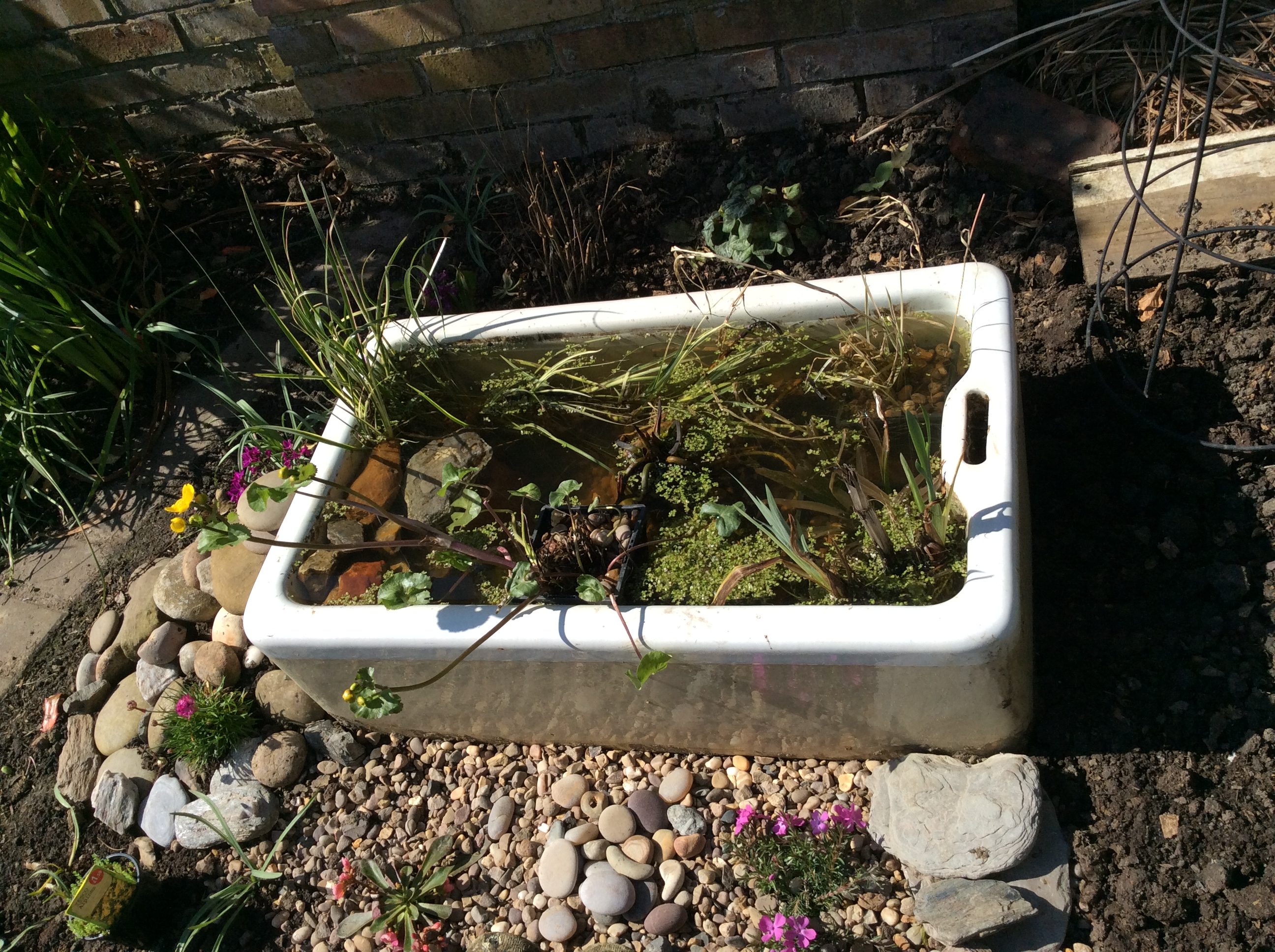 The Telegraph reports the coronavirus crisis has forced most of us to stay at home, and those of us with gardens are making hay while the sun shines. So, with so much extra time at home, why don’t we all do a bit more for wildlife? If you’ve been meaning to make a hedgehog house or a bee hotel, dig a pond or plant a wild flower meadow, there’s never been a better time. Get your children involved and teach them and yourself to identify bees and recognise birdsong.
The Telegraph reports the coronavirus crisis has forced most of us to stay at home, and those of us with gardens are making hay while the sun shines. So, with so much extra time at home, why don’t we all do a bit more for wildlife? If you’ve been meaning to make a hedgehog house or a bee hotel, dig a pond or plant a wild flower meadow, there’s never been a better time. Get your children involved and teach them and yourself to identify bees and recognise birdsong.
